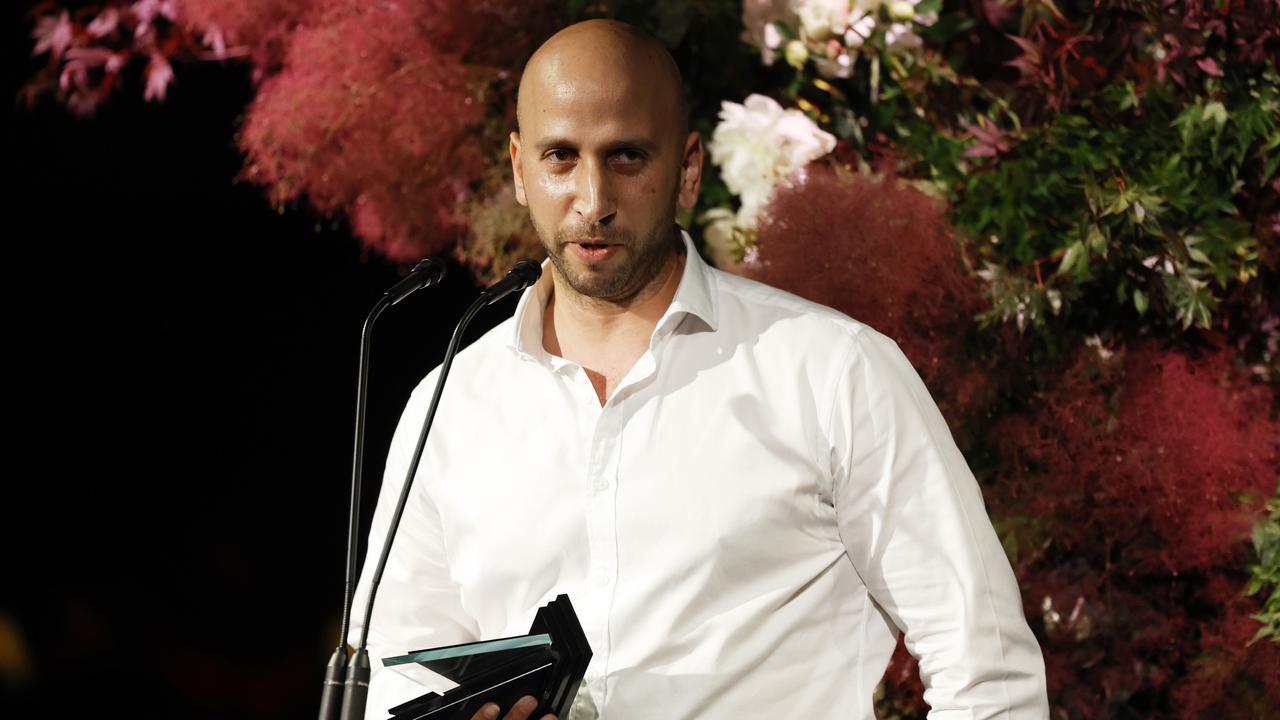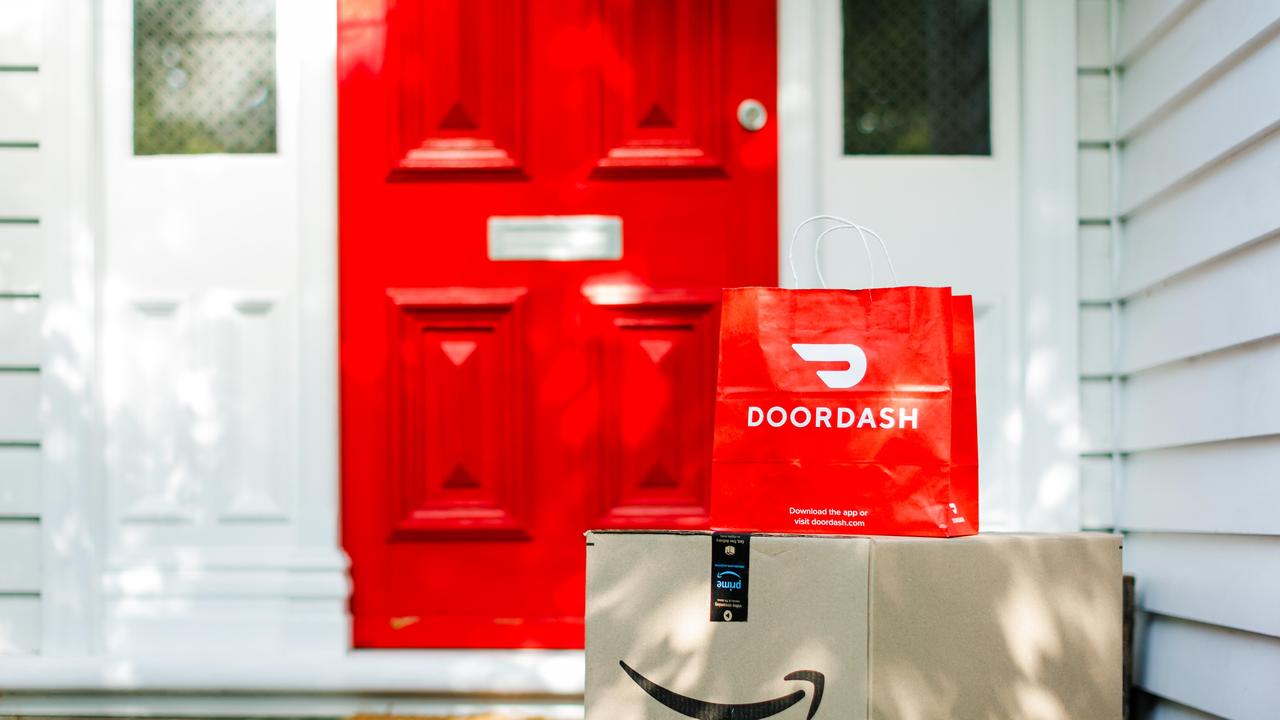Ita claims it’s ‘unconscious’ but entrenched anti-coal bias at the ABC is out in the open for all to see
ABC reporters, captured by Greens lobbyists, have been on an anti-Adani crusade for years.
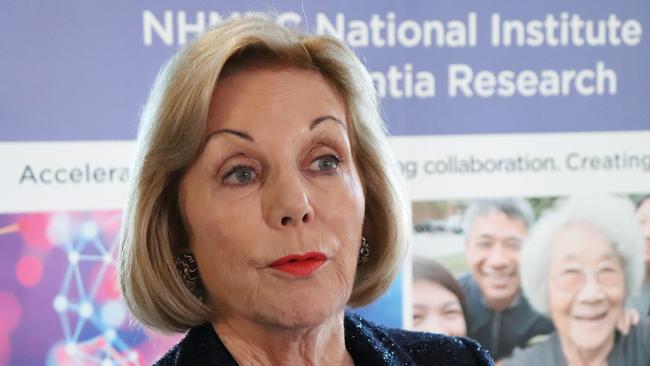
New ABC board chair Ita Buttrose surprised Radio National host Fran Kelly on Monday, June 10 when she said the ABC really had to think about its unconscious bias. The following Monday, Media Watch made Ita’s point for her.
Like his predecessors for decades, host Paul Barry was riding shotgun against journalists straying from the ABC’s deep-Greens line on matters environmental. He jumped on a show on Sky News the previous week, falsely claiming host Peta Credlin had not properly declared Adani’s role in paying for a trip to India during which Credlin had interviewed Adani chairman Gautam Adani, India’s former secretary for power RV Shahi, and families that had no access to electricity.
As Andrew Bolt on Sky News pointed out on Tuesday night with Gerard Henderson, Barry was just plain wrong. Credlin did personally mention Adani’s support and the program did so again at the bottom of the screen. Various pieces Credlin wrote for News Corp papers about her trip before Media Watch aired made the same declaration.
Barry did not discuss the real substance of Credlin’s program, which was fascinating and something the ABC should have done years earlier. Rather, he claimed Credlin did not ask tough questions about black-throated finches and the water table.
She did, however, ask tough questions the ABC does not want to know about, such as: why should a quarter of a billion Indians continue to languish with no access to electricity? Shahi, the father of the country’s electrification program, said India would either use coal from Adani or much dirtier coal sourced elsewhere.
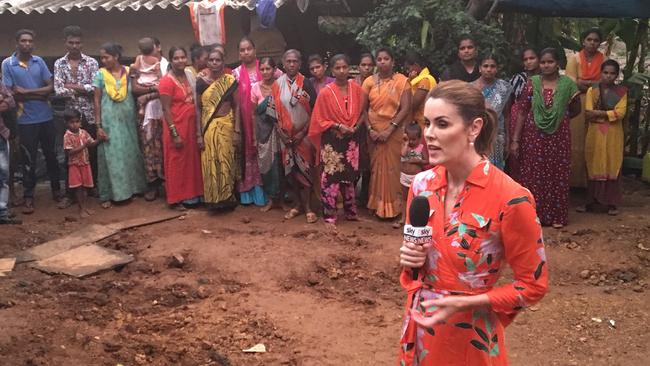
As this column argued during the campaign for the May 18 election, Indian villagers, especially women responsible for cooking, continue to have shortened life expectancies because of the use of dung and wood inside homes for cooking and lighting.
Let’s go back to Ita’s words the previous Monday: “We are all biased. It can be the question we ask, or the question we don’t ask. It can be the person we have on or the person we don’t have on.”
Sins of omission? Not only did Media Watch have no business criticising an incisive hour of television on the Adani issue, it missed what really should have been its targets, given the previous week was one of the year’s most important for climate change stories. They were just stories that did not fit Media Watch’s bias. Nor did they fit the agenda of our ABC or the Nine Entertainment newspapers, which did not report news that made the front page of this newspaper as well as the quality newspapers in London, including The Guardian.
The program should have asked why the national broadcaster and Fairfax ignored the BP 2019 Statistical Review of World Energy, each year one of the most important for the world environment. The report showed that, contrary to the ABC/Fairfax narrative, global carbon dioxide emissions last year rose 2 per cent while gas production and consumption rose 5 per cent, the highest rises in 30 years. And although world renewables output rose 14.5 per cent, this was only a third of the total world increase in global energy usage of 2.9 per cent.
Worse from the ABC perspective, given it has been predicting the imminent death of the fossil fuel industry for more than a decade, fracking last year allowed the US to report the largest annual increase in history in any country of oil and gas output.
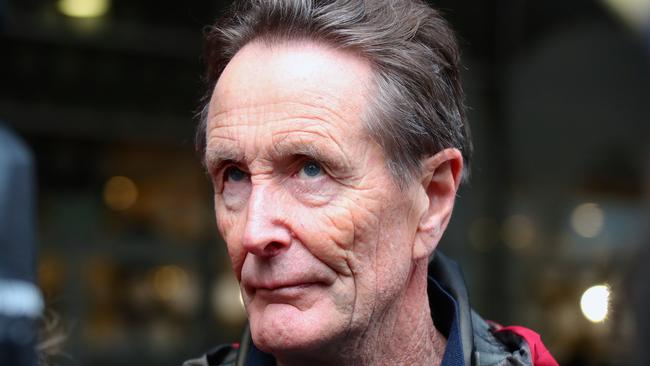
As a program motivated by climate alarmism, Media Watch should have understood what BP chief economist Spencer Dale said these numbers meant, and should have asked why many in the media can’t handle the truth about renewables and fossil fuels. Said Dale: “The longer carbon emissions continue to rise, the harder and more costly will be the necessary eventual adjustment to net-zero carbon emissions.”
Media Watch should also have asked why the ABC and Fairfax continue to ignore the collapse in support for the left’s Canadian climate darling, Prime Minister Justin Trudeau. The Toronto Sun on June 12 reported 45 per cent of Canadians in a poll of 1633 voters opposed Trudeau’s carbon tax and only 28 per cent supported it. Two days later The Canadian Press reported only 32 per cent of Canadians think Trudeau deserves re-election.
As Ita says, it’s bias by omission.
There is a strong case Media Watch, when examining the coverage of the federal election, should have asked why so many media organisations misread the Adani issue. This column argued several times during the campaign that Adani and former Greens leader Bob Brown’s convoy from Melbourne to the central Queensland coal fields could severely damage Labor’s votes in three coastal seats. Many Labor MPs made the same point.
Here Media Watch and the ABC have been — and remain — blind to the views of voters who care about jobs and power prices, understand the nation’s need for reliable baseload power and know coal is the nation’s largest export earner. Why on earth would they not vote accordingly?
The ABC has been on an anti-Adani crusade for years, its reporters captured by Greens lobbyists and unable to deal with the issue, or the company, fairly. Yet Media Watch, far from looking at this hyperventilating coverage, has only criticised ABC news director Gaven Morris for intervening to ensure at least a semblance of balance by his reporters. You can see that June 3 program online.
Readers who doubt the ABC’s Adani bias should go back and have a look at the coverage, much of it driven by business journalist Stephen Long, starting with his Four Corners special on October 2, 2017. On ABC’s The Business last Thursday week, Long implied the mine had gained final environmental approval only after political interference by the Queensland Premier and yet again cast doubt on whether it would actually be built. This fits into a long-running Greens narrative that there is no global future for coal and that the Adani mine will never be built.
Long went on to contradict his own position, saying the approval might signal other mines in the Galilee Basin, where Gina Rinehart and Clive Palmer have large leases. Like many critics of the Carmichael mine, Long seems to think a private company would spend a billion dollars on a project knowing all along it never intends to build it.
A shrewder journalist might look at Palmer’s $70 million election advertising spend and its focus on criticising former opposition leader Bill Shorten and the ALP, and conclude billionaires know there is still plenty of money to be made in Queensland thermal coal.
ABC editorial management could address their reporters’ unconscious biases by suggesting they read the excellent piece in The Weekend Australian last Saturday week by Bjorn Lomborg to learn the facts about renewables: solar and wind account for just 1 per cent of global power and are likely to be only 4 per cent by 2040.
They could then look at Graham Lloyd’s piece here last Thursday showing that in absolute terms Australia is the fifth largest global renewables investor, the largest investor per capita and one of a handful of countries that will meet its Paris emissions reduction targets.


